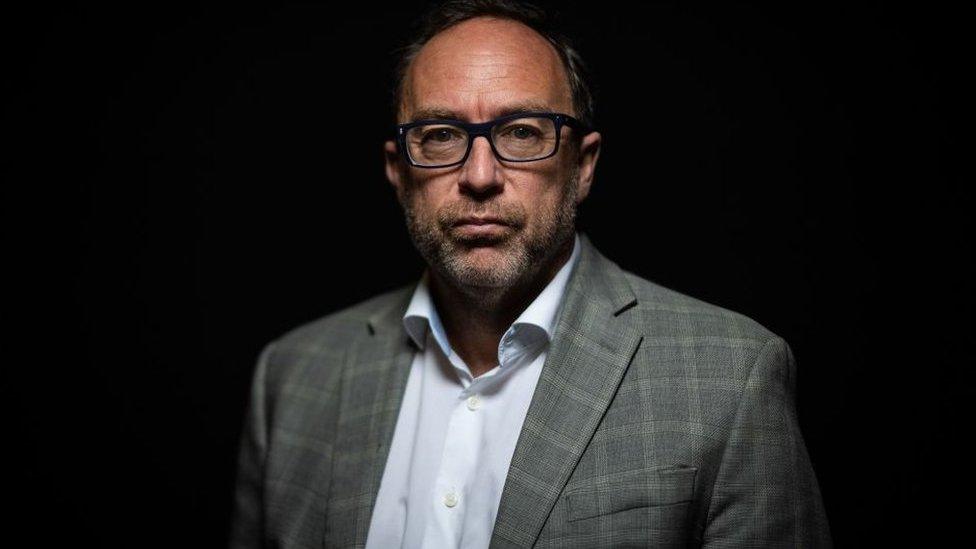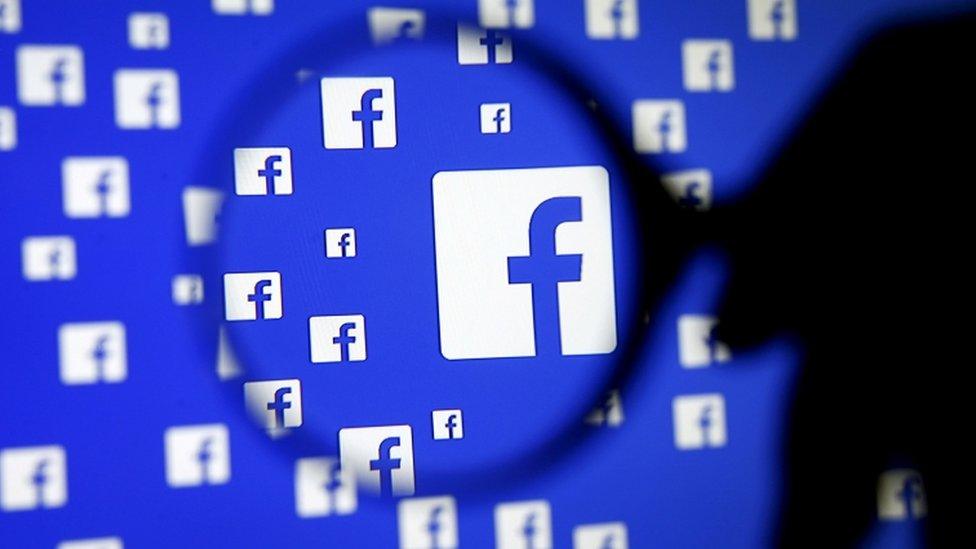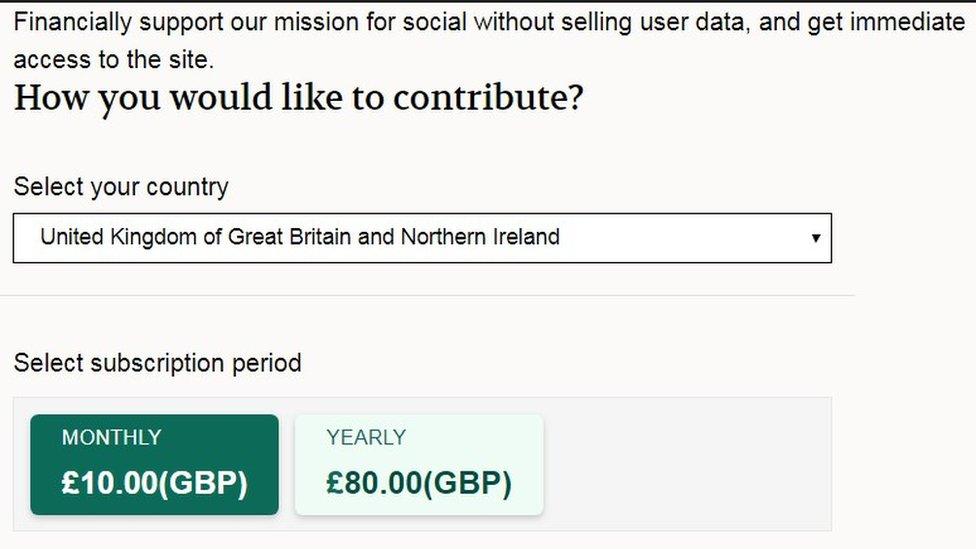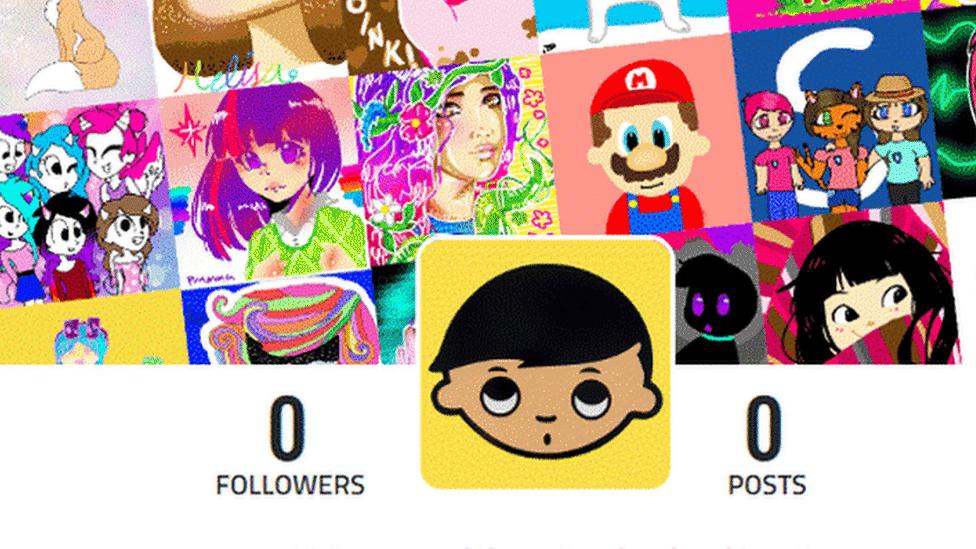Tech Tent: Who needs another social network?
- Published

The WT.Social shares some characteristics with the Wikipedia online encyclopedia
The reputation of the big social networks seems to sink every week. From Facebook to Twitter, from Snapchat to Instagram, concerns about everything from fake news to cyber-bullying are making many people wonder whether there is a better way to communicate online.
On this week's Tech Tent, Wikipedia founder Jimmy Wales tells us why he thinks he has the answer. He has launched a new social network WT.Social, which is ad-free and promises high-quality content.

Stream or download, external the latest Tech Tent podcast
Listen live every Friday at 14:00 GMT on the BBC World Service
Invitation only
If you pay a fee you can join straightaway, if not you have to wait for a while and hope that an existing member invites you in. At the moment it looks like a very bare-bones web-based operation - there is no app - but already more than 300,000 people have expressed an interest in joining.
When he popped into the Tech Tent this week, I put it to him that there had been plenty of attempts at something similar which had come to nothing. He laughed and pointed out that on one such doomed network I appeared to be his only friend.

Facebook and other social networks have faced a lot of criticism
I wanted to know how he was going to get people hooked - but he said the whole mission was about rejecting the idea that a social network had to be addictive: "The social networks with a pure advertising business model have every incentive to put forward content that's addictive, that keeps you clicking. Engagement is their main metric."
That, he says, is why fake news and misinformation spreads through these networks.
Instead Jimmy Wales wants WT.Social to be packed with high-quality content and debate that people will value - and then feel inclined to support financially.
It sounds utopian but he points to the success of Wikipedia, the fifth most popular website which has neither ads nor clickbait headlines. "There's no thought about optimising for addiction or time on site and yet it's incredibly popular. And I think one of the reasons it is popular is that people say, 'Yeah, I just I want to know something. So I go there and I learn something.'"

The WT Social model seeks cash from users rather than advertisers
I am sure the likes of Facebook and Twitter started with similarly utopian visions but then found that trying to set boundaries for the online behaviour of millions of users was a herculean task, involving thousands of moderators and some very expensive technology.
Again, he points to Wikipedia where moderation is in the hands of the community. Unlike Facebook, where users report offensive content and the company eventually decides whether to remove it, volunteers will take down material they see as contravening the network's rules.
He added: "You also have to be willing to ban people, to say, 'Look, this is absolutely not welcome here', which is hard to do if your business model is around engagement, because flame wars definitely keep people on site longer."
It certainly sounds like an attractive proposition but much will depend on whether enough people pay to provide the funds to take the project forward. An app, which will be vital to making WT.Social a user-friendly experience, will come in the first half of next year if there is enough cash to hire developers.
The odds are against Jimmy Wales - WT.Social is an offshoot of WikiTribune, a platform which he hoped would transform journalism but struggled to make an impact.
Many people say they do not like the current social media model - the problem is convincing them to move to an unfamiliar place where they may fear there will be nobody they know.
Stream or download, external the latest Tech Tent podcast
Listen live every Friday at 14:00 GMT on the BBC World Service
- Published13 November 2019

- Published18 November 2019

